Related Links for this Video:
WisContext coverage: How Does Wisconsin's Pre-Existing Conditions Proposal Line Up With The ACA?
Frederica Freyberg:
We move now from Washington to Wisconsin and state politics. Tuesday night, Governor Tony Evers delivered his State of the State address. His speech sparked news headlines about Wisconsin removing itself from a lawsuit seeking to repeal the Affordable Care Act. But that announcement ran head long into laws signed by the last administration that clipped the executive authority of Governor Evers.
Tony Evers:
People of Wisconsin voted for change this November and asked us to stop playing politics with their health care. That’s why I’m announcing tonight that I have fulfilled a promise I made to the people of Wisconsin by a direct — by directing Attorney General Kaul to withdraw from a lawsuit that would gut coverage for the 2.4 million Wisconsinites who have pre-existing conditions.
Frederica Freyberg:
While that pronouncement got big applause from Democrats, it turned out the governor could neither legally direct nor authorize the attorney general to withdraw from the lawsuit that would repeal the Affordable Care Act. Evers lacks that ability because Republicans passed lame duck legislation that gives the legislature’s Budget Routing Committee the final authority over whether to withdraw from such lawsuits. That committee is controlled by a 12-4 Republican majority. In response to the governor’s intention to withdraw his authority to participate in the litigation, Wisconsin Attorney General Josh Kaul sent a letter to Evers stating “my view is that DOJ does not have statutory authority to withdraw the state from the ACA litigation absent approval from the Joint Committee on Finance.” Kaul later sent a letter to the Joint Finance Committee asking to withdraw from the lawsuit. UW-Madison Political Science Professor Howard Schweber told Wisconsin Public Radio this situation is the governor directly challenging the legislature’s authority, saying the question will be decided by the courts over separation of powers under the state Constitution. The same day Governor Evers gave his State of the State speech, the Republican-controlled Assembly passed a health care bill that would go into effect if the Affordable Care Act is repealed by a federal lawsuit. The bill requires health insurers to cover people with pre-existing conditions. It also prevents providers from dropping those who exceed caps on annual or lifetime coverage. Opponents of the bill say rates will soar without the federal subsidies the ACA currently provides. We take this up with a health care expert. Donna Friedsam is the health policy programs director at the Population Health Institute at UW-Madison. Thanks very much for being here.
Donna Friedsam:
Good to be with you
Frederica Freyberg:
So how well, in your mind, would this bill as passed by the Assembly protect people in Wisconsin with pre-existing conditions?
Donna Friedsam:
So, you might recall President Trump memorably said health care is complicated and indeed it is. In this case, it’s a mixed answer because it will protect people to a certain degree, but not as completely as it might seem. The problem is that federal law restricts the ability of states to regulate health plans that are what we call self-insured health plans. And this is — it’s complicated to explain what that is, but in Wisconsin, about one and a half million people, employees are covered by this kind of health plan called self-insured. So those employees and their dependents would not be touched by this, by this state law at all. And they would be only subject to federal regulation and currently that involves the Affordable Care Act. Any kind of state regulation pertaining to pre-existing conditions would not involve these employees. Now, most of those employees work for larger firms and larger firms are very likely to continue to cover pre-existing conditions because they do that to remain competitive in the market. But there’s about 80,000 of those employees that work for firms of fewer than 50 employees, and those employees are going to probably be at some risk that their benefit package will be substantially reduced and possibly not cover the pre-existing conditions that they are currently getting covered under the Affordable Care Act.
Frederica Freyberg:
As to this Assembly bill that passed, it does ban these caps on coverage which mirrors the Affordable Care Act. But what about premium increases or deductions or co-pays?
Donna Friedsam:
Right. So, Governor Evers did negotiate with legislative leadership to include restrictions in annual and lifetime limits and that was probably to the betterment of the bill. So, now if there is no restriction on pre-existing conditions, insurance products also will not be able to limit the amount of payment they provide for services for people on an annual or lifetime basis and that exists currently under the Affordable Care Act. So, for those people that are covered under this bill, the people who have these fully-insured products, they will have that benefit. The other part of this that has been of contention, though, is that the Affordable Care Act also specifies a certain scope of benefits that have to be included in the benefit package, and that’s referred to as essential benefits. The state law does not designate those essential benefits as having to be included. So, critics of the bill will say that insurance companies can simply side step the need to cover those benefits by designing benefit packages that exclude coverage of certain kinds of pharmaceuticals or services for these kinds of high-need services.
Frederica Freyberg:
So, before the ACA on these essential benefits, did insurers generally cover those for people in Wisconsin?
Donna Friedsam:
So, it really depended on who your employer was. Large employers, as I noted, are more likely to provide a robust benefit package. They have the financial capability and wherewithal. But we know that smaller employers and independent businesses had a much more difficult time doing that, and part of what the Affordable Care Act was intended to do, was to create a much larger pool of entities that were all working on a level playing field.
Frederica Freyberg:
How expensive would it be for insurers to cover pre-existing conditions outside the construct of the ACA?
Donna Friedsam:
What the ACA did is it recognized that if we’re asking insurance companies to cover people with pre-existing conditions, that means people who have illnesses that are likely to be expensive, we are also going to need healthy people who are not sick to be buying insurance as well. That’s the risk pool that insurance, that the business of insurance is built upon. So, we need people who are not sick to be purchasing insurance. And the Affordable Care Act provided a number of mechanisms for incentives to help people buy insurance. That includes substantial subsidies for people below four times the federal poverty level. It also included the mandate that turned out to not be terribly effective and was repealed last year. But the big part was the subsidies for people. And if the Affordable Care Act goes away, those subsidies will go away as well. There will be really limited incentives to no incentives for healthier people to buy insurance until they’re sick if insurance companies have to cover them when they get sick. That’s not a good business proposition for insurance companies. A lot of time what I like to explain to people is think about their own homes. We all carry fire insurance on our homes or homeowner’s insurance, even though my home right now is sound and is not on fire. If I didn’t have to carry that homeowner’s insurance but a homeowner’s insurance company would have to cover me if my house went on fire and I could stand outside and call it up and say, “My home is on fire. I now need insurance. There’d be no companies in business that could do that kind of business. And that’s the concern similarly around this. If we don’t get healthy people buying insurance or able to have the subsidies to purchase the insurance, people will wait until they’re sick. It will be a problem to offer affordable health insurance.
Frederica Freyberg:
We will be watching this legislation as it potentially moves through the state legislature. Donna Friedsam, thanks very much.
Donna Friedsam:
Thank you.
Search Episodes
News Stories from PBS Wisconsin

Donate to sign up. Activate and sign in to Passport. It's that easy to help PBS Wisconsin serve your community through media that educates, inspires, and entertains.
Make your membership gift today
Only for new users: Activate Passport using your code or email address
Already a member?
Look up my account
Need some help? Go to FAQ or visit PBS Passport Help
Need help accessing PBS Wisconsin anywhere?

Online Access | Platform & Device Access | Cable or Satellite Access | Over-The-Air Access
Visit Access Guide
Need help accessing PBS Wisconsin anywhere?

Visit Our
Live TV Access Guide
Online AccessPlatform & Device Access
Cable or Satellite Access
Over-The-Air Access
Visit Access Guide
 Passport
Passport







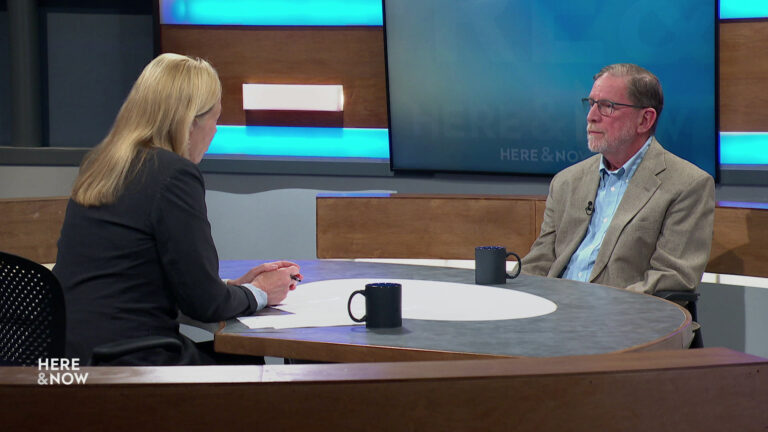

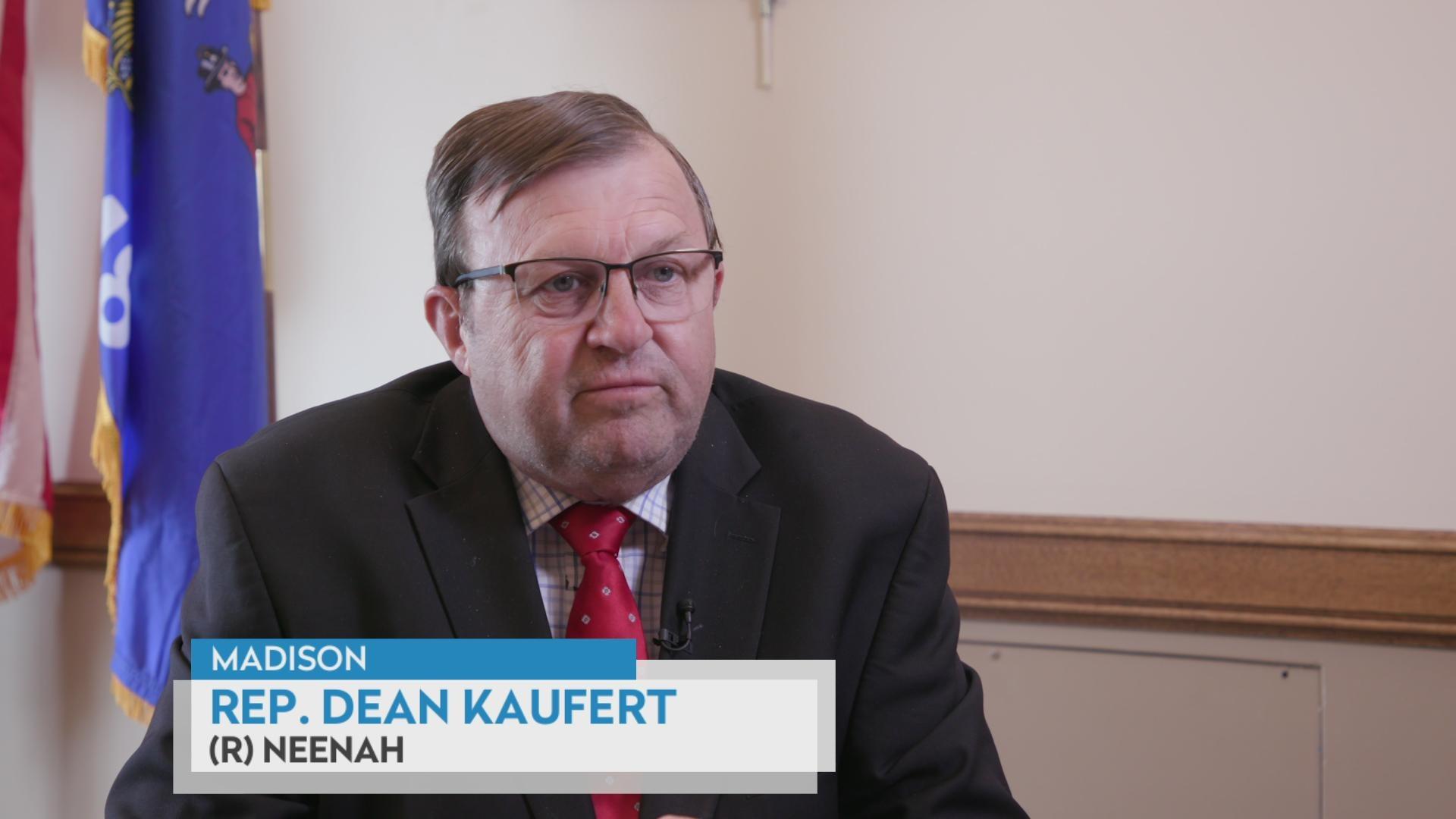
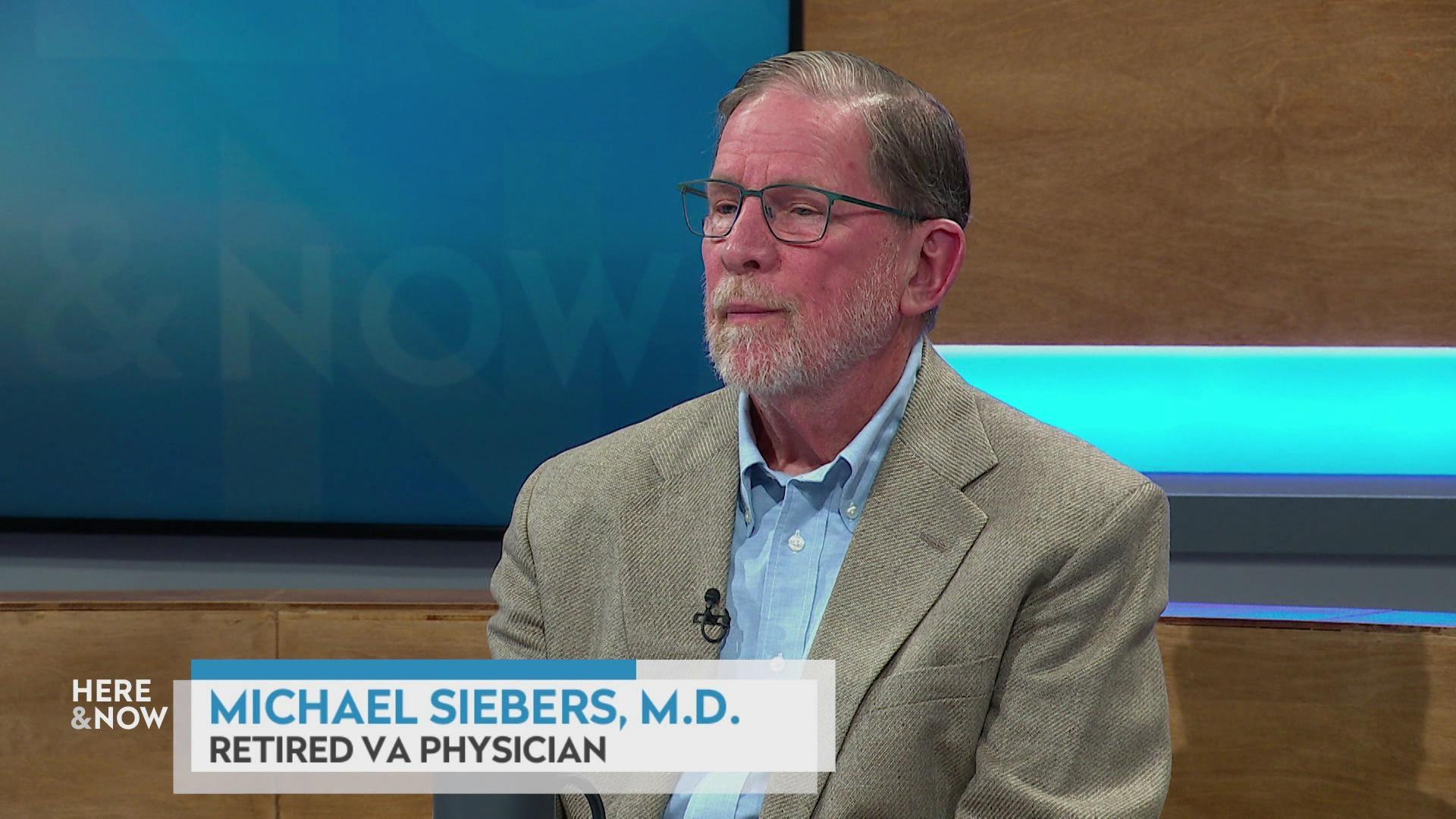
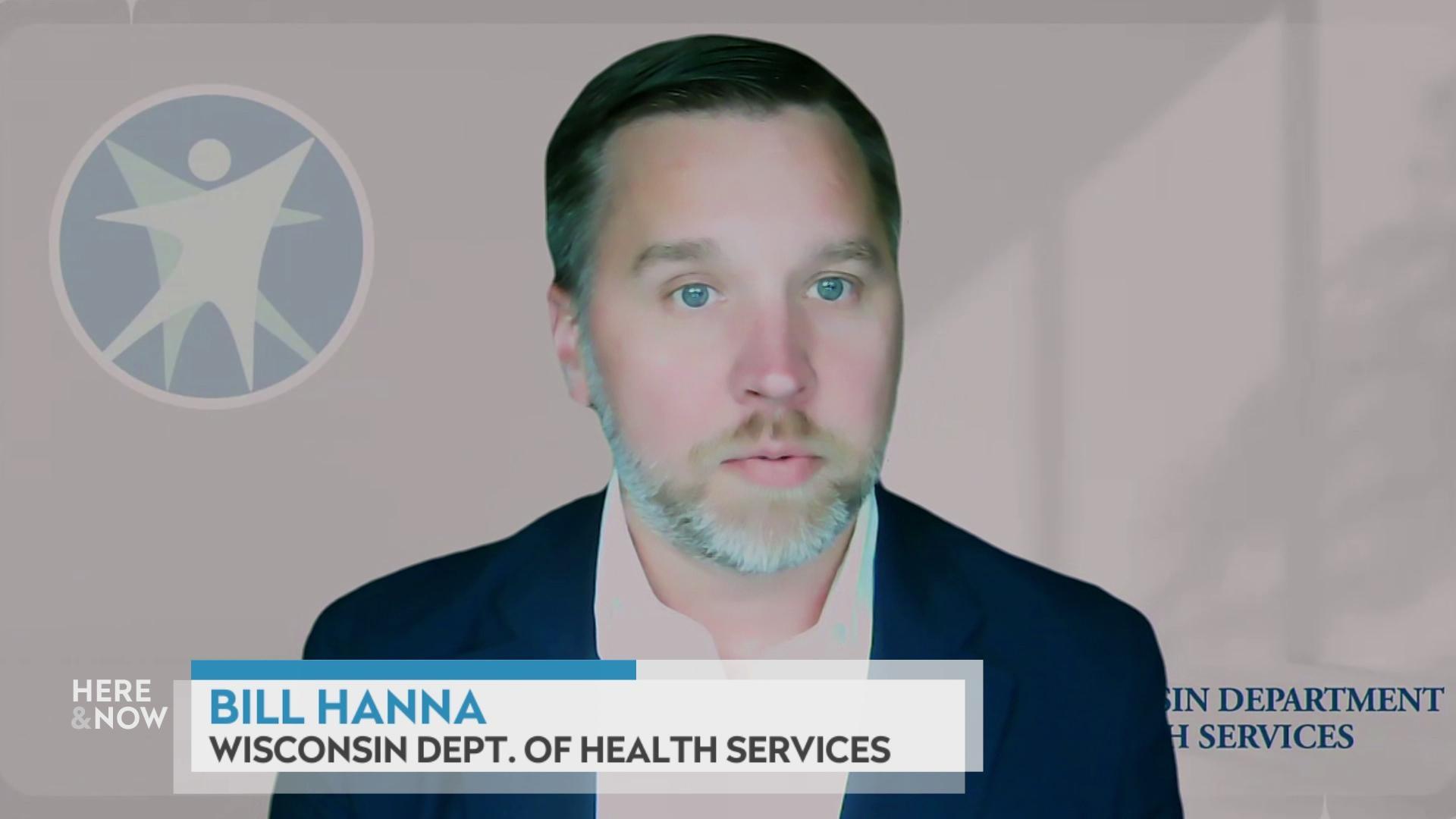
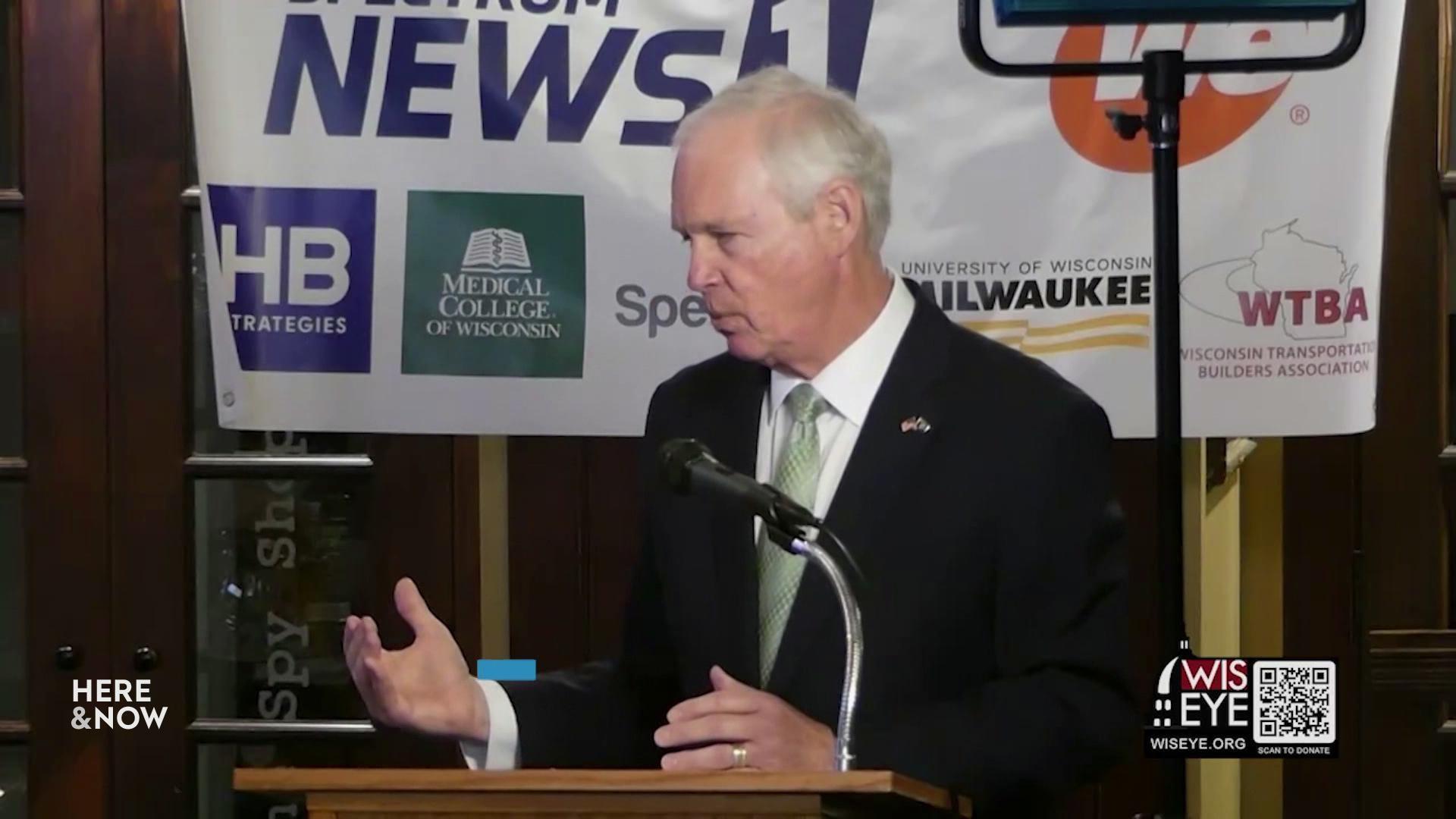
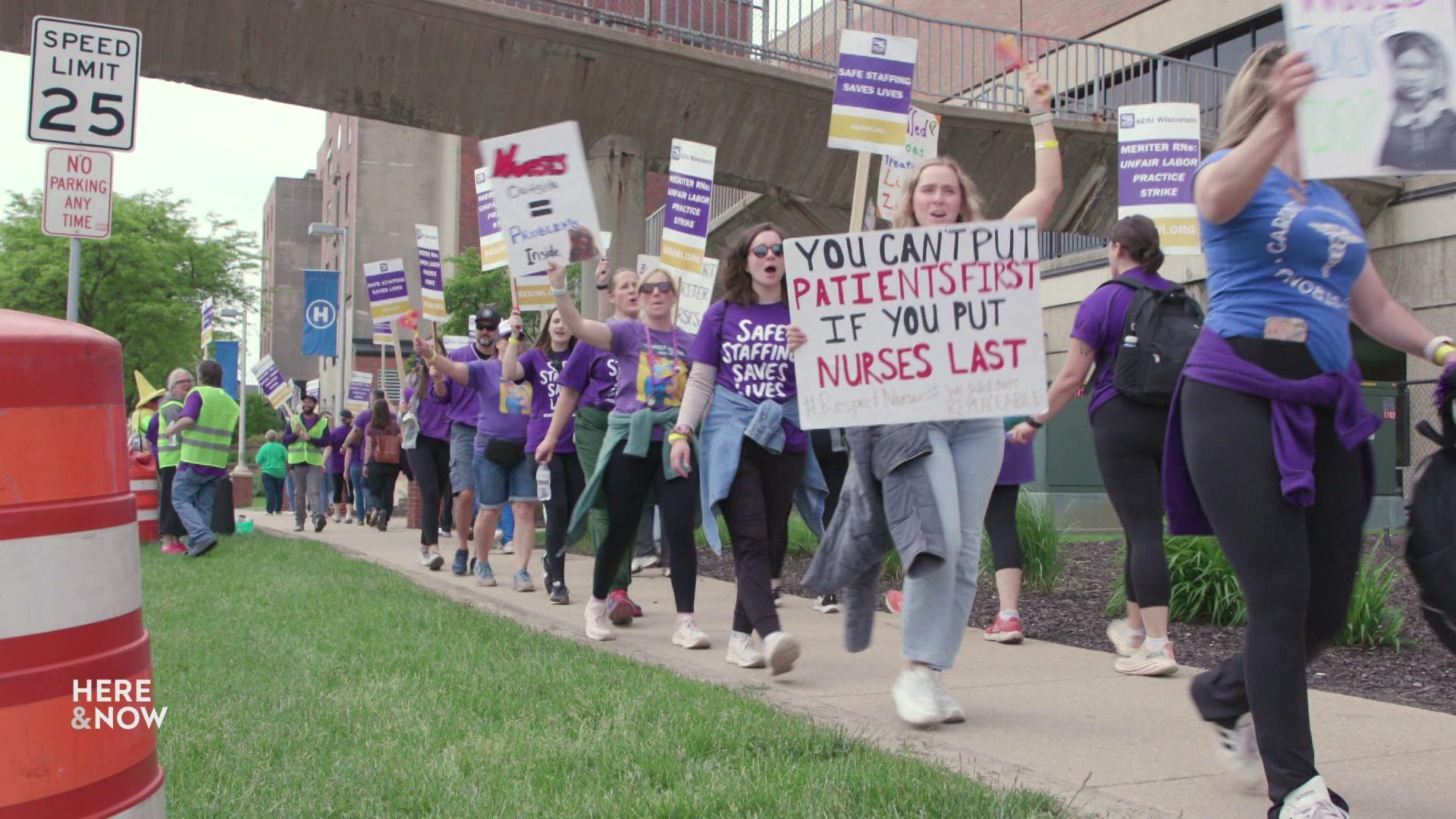
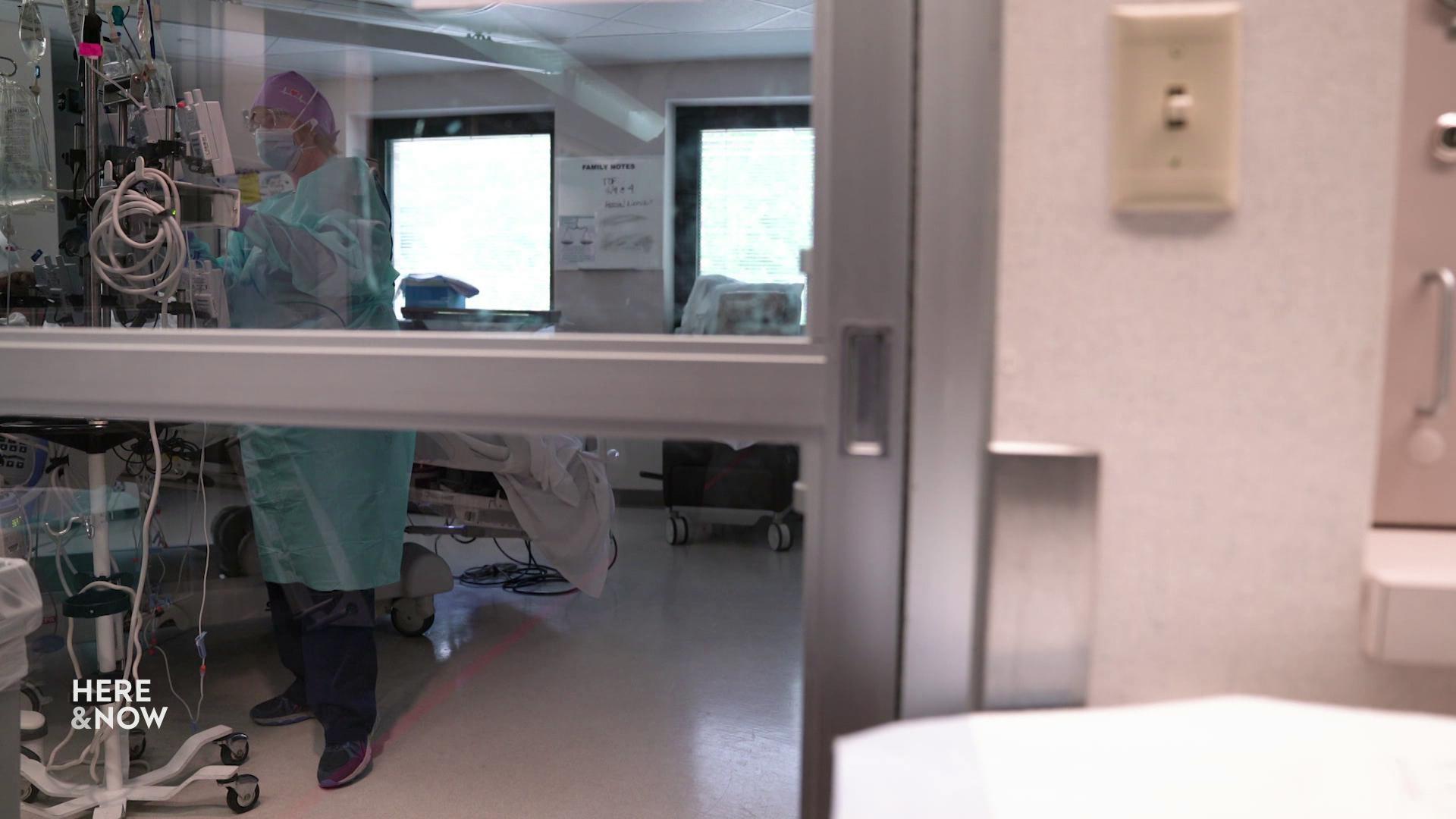
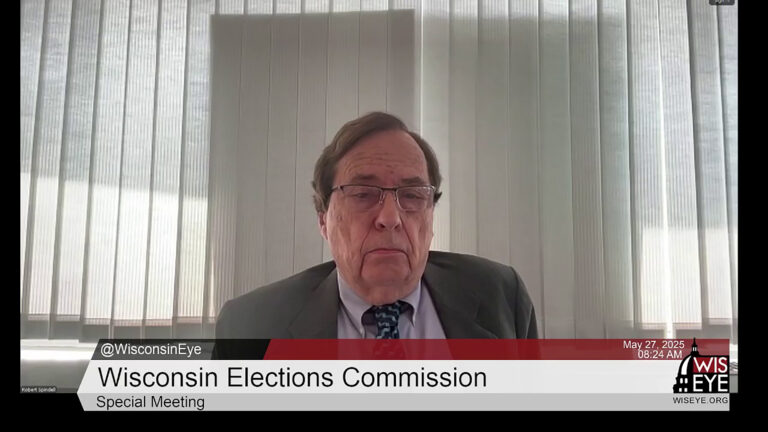
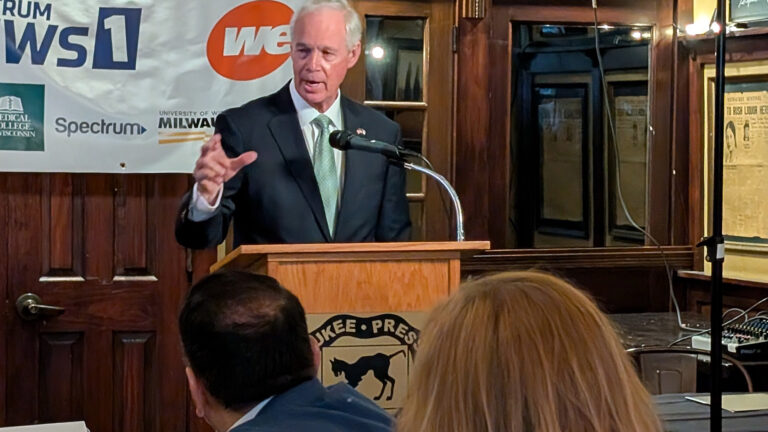


Follow Us